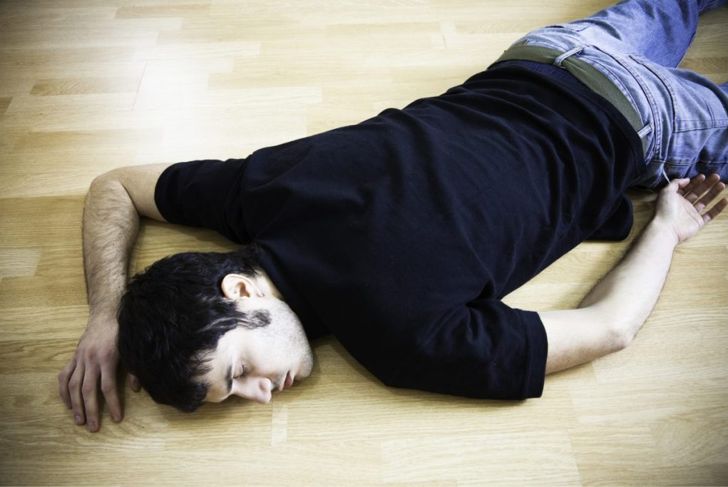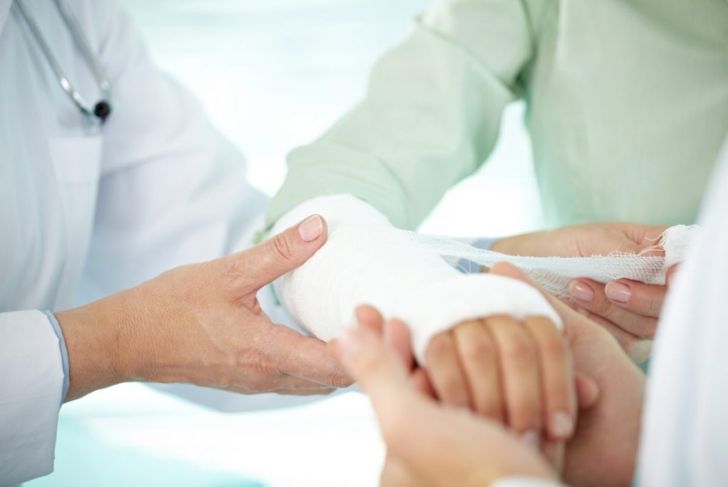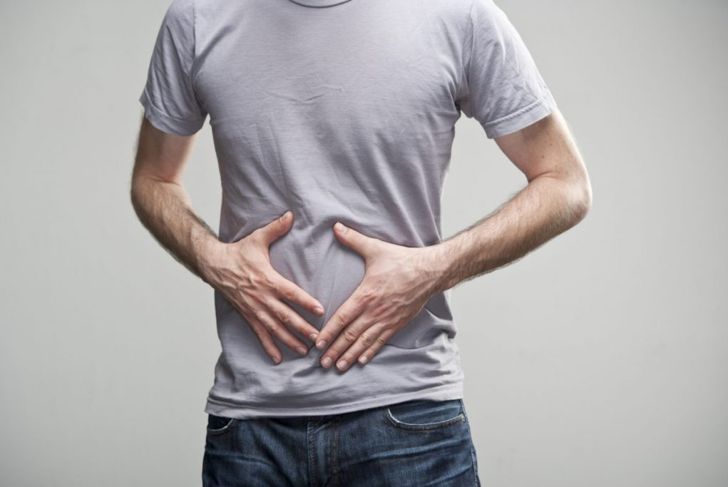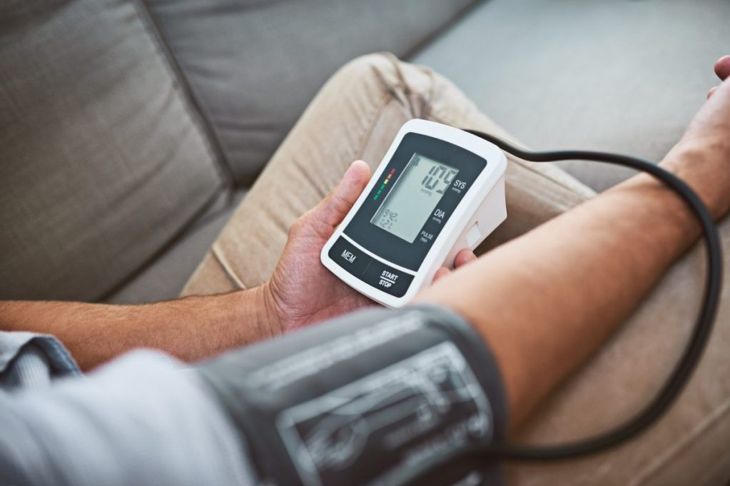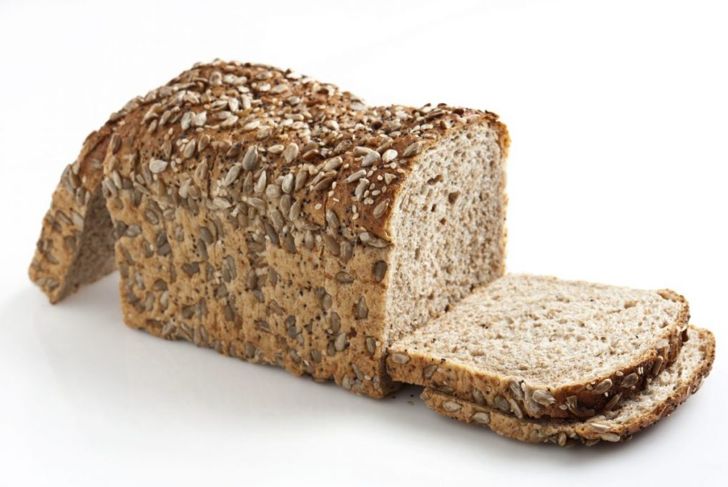Blood pressure is the force of blood flow against the walls of the arteries. Blood pressure changes throughout the day, typically beginning to rise a few hours before one wakes up, until the middle of the afternoon when it peaks. In the late afternoon, blood pressure begins to fall once again. Postprandial hypotension is a drop in blood pressure after food consumption and is actually fairly common, affecting approximately one-third of older men and women.
Symptoms of Postprandial Hypotension
The most common symptoms of postprandial hypotension include lightheadedness, dizziness, and syncope (fainting as a result of low blood pressure), People with postprandial hypotension may also experience angina (chest pain), nausea, and visual disturbances. If a person experiences low blood pressure at other times during the day, not just after eating, she may have another condition such as dehydration, vitamin B12 deficiency, heart valve disease, pregnancy, or thyroid disease.
Complications of Postprandial Hypotension
Several serious complications can result from fainting due to postprandial hypotension. Falls can lead to bruises, fractures, and broken bones. Losing consciousness while driving a vehicle can have fatal consequences. A stroke can occur due to reduced blood supply to the brain. While postprandial hypotension is typically temporary, severe drops in blood pressure can lead to organ failure if blood supply to the organs is significantly compromised. A person may also go into shock.
Causes
Digestion is a complicated process that requires coordination between the digestive, circulatory, and nervous systems. The body must reroute extra blood to the small intestine and stomach. To compensate for this, the heart beats harder and faster, and blood vessels farther from the digestive system narrow. This allows the body to maintain blood pressure and blood flow to other parts of the body, such as the brain and lungs. Sometimes the body fails to respond in a way that maintains adequate blood pressure throughout the body.
Risk Factors of Postprandial Hypotension
Age increases one’s risk of postprandial hypotension. Some medical conditions, such as diabetes and Parkinson’s disease, can also increase risk because they can interfere with areas of the brain that manage the autonomic nervous system. Sometimes individuals with hypertension (high blood pressure) experience postprandial hypotension. Anti-hypertensive medications meant to lower blood pressure can be too effective and drop the blood pressure too much after eating.
When to See a Doctor
A person should talk to his doctor if he regularly checks his blood pressure after meals and notices that it consistently drops. Lightheadedness, dizziness, or fainting accompanying blood pressure drops after meals are other indicators that it is time to speak with a physician.
Diagnosing Postprandial Hypotension
A doctor will typically gather information about one’s medical history and symptoms. If he suspects postprandial hypotension, the physician may try to get pre-meal and several post-meal blood pressure readings between 15 minutes and two hours after eating. Blood pressure falls within 30 to 60 minutes of eating a meal in 70% of individuals with postprandial hypotension. Additional tests can rule out other causes of low blood pressure. For instance, a blood test can check for low blood sugar and anemia, and an echocardiogram can evaluate the heart’s function and structure.
Managing Postprandial Hypotension with Beverages
Having a caffeinated beverage, such as a cup of coffee, before a meal may help prevent postprandial hypotension. Caffeine causes blood vessels to constrict. Doctors advise that people avoid caffeine in the evening hours, though, because it can interfere with sleep. Drinking 12 to 18 ounces of water before a meal can also help prevent hypotension.
Treating Postprandial Hypotension with Diet
White bread, white rice, potatoes, foods made with highly-refined flour, and sugary beverages move from the stomach to the small intestine rapidly. This quick transfer contributes to post-meal low blood pressure. Cutting back on these foods and replacing them with whole grains, protein, healthy oils, and beans — foods the body digests more slowly — may help prevent post-meal blood pressure drops.
Other Ways to Treat Postprandial Hypotension
A doctor may suggest a patient take her anti-hypertensive medication at a different time of day if she has postprandial hypotension; avoiding taking these medications right before meals may help prevent post-meal low blood pressure. Taking smaller and more frequent doses of anti-hypertensive medication may also help prevent complications. Individuals should always talk with their doctors before making any changes to medication dosage or frequency, however. Taking a walk after a meal may help reduce drops in blood pressure as exercise temporarily raises blood pressure, though the issue may still occur when walking stops.
Postprandial Hypotension Prognosis
Postprandial hypotension can typically be managed with lifestyle changes and changes to the dose or frequency with which individuals take anti-hypertensive medication. If an individual continues to experience symptoms of post-meal low blood pressure despite medication and lifestyle changes, he should consult his physician to discuss other forms of treatment for postprandial hypotension.

 Home
Home Health
Health Diet & Nutrition
Diet & Nutrition Living Well
Living Well More
More